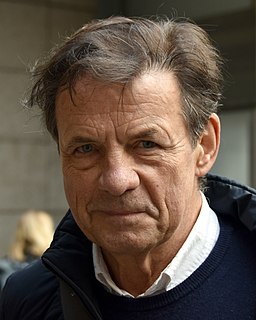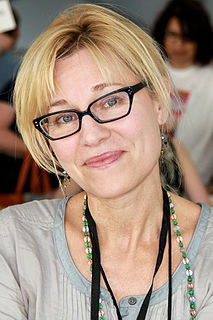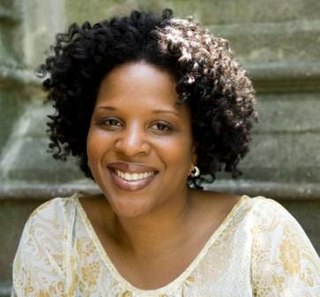A Quote by Peter Sis
I didn't understand in the beginning that the editor didn't want me to know the author. I'd make an effort to meet the author, but it would end up being a disaster because then I had the author telling me what I should be doing.
Related Quotes
Frequently, an author gets "orphaned" at a publisher. What this means is that an editor buys their book, then ends up getting fired, promoted, or transferred to a different job somewhere else. It sucks for the author because suddenly the person who liked your book enough to buy it isn't around to help you edit and promote it.
I only know what it's like to be an author with social media. I can't compare. I do think we lose the mystery of the author. Today, I get tons of e-mails and Facebook messages from readers, and my goal with Twitter and Facebook is, if someone reaches out to me, I'm going to respond to them. I don't want to be an elitist author who is untouchable. I'm just a regular person, too. I will always respond to everybody.
The author with the greatest influence on me is my friend Stephen Harrigan, who critiques everything I write before I even bother to show it to my agent or editor. He's a truly great writer - author of Gates of the Alamo and other books you might know of, and his instincts about what's working in a story, and what's not, are just about perfect. My books would be very different without his influence.
For some of my young female readers, it will be the first time they will have seen a Punjabi author be successful in the West. Because I'm dealing with topics that aren't always easily discussed, I know they will look up to me, because I would have done the same. So I just want to make sure I do right by them, wherever this takes me.
When I read a novel that I really like, I feel as if I am in direct, personal communication with the author. I feel as if the author and I are on the same wavelength mentally, that we have a lot in common with each other, and that we could have an interesting conversation, or even a friendship, if the circumstances permitted it. When the novel comes to an end, I feel a certain letdown, a loss of contact. It is natural to want to recapture that feeling by reading other works by the same author, or by corresponding with him/her directly.








































